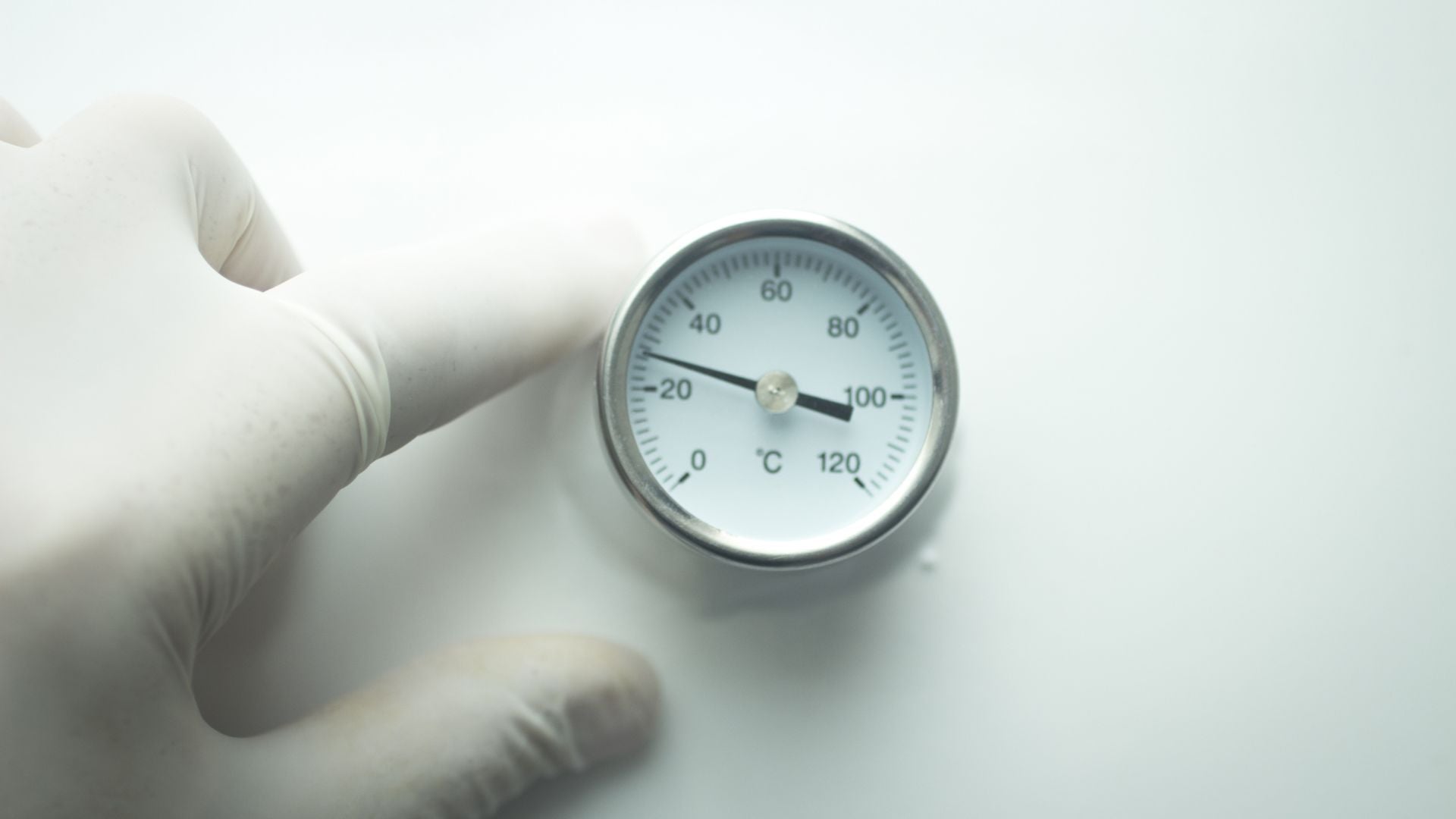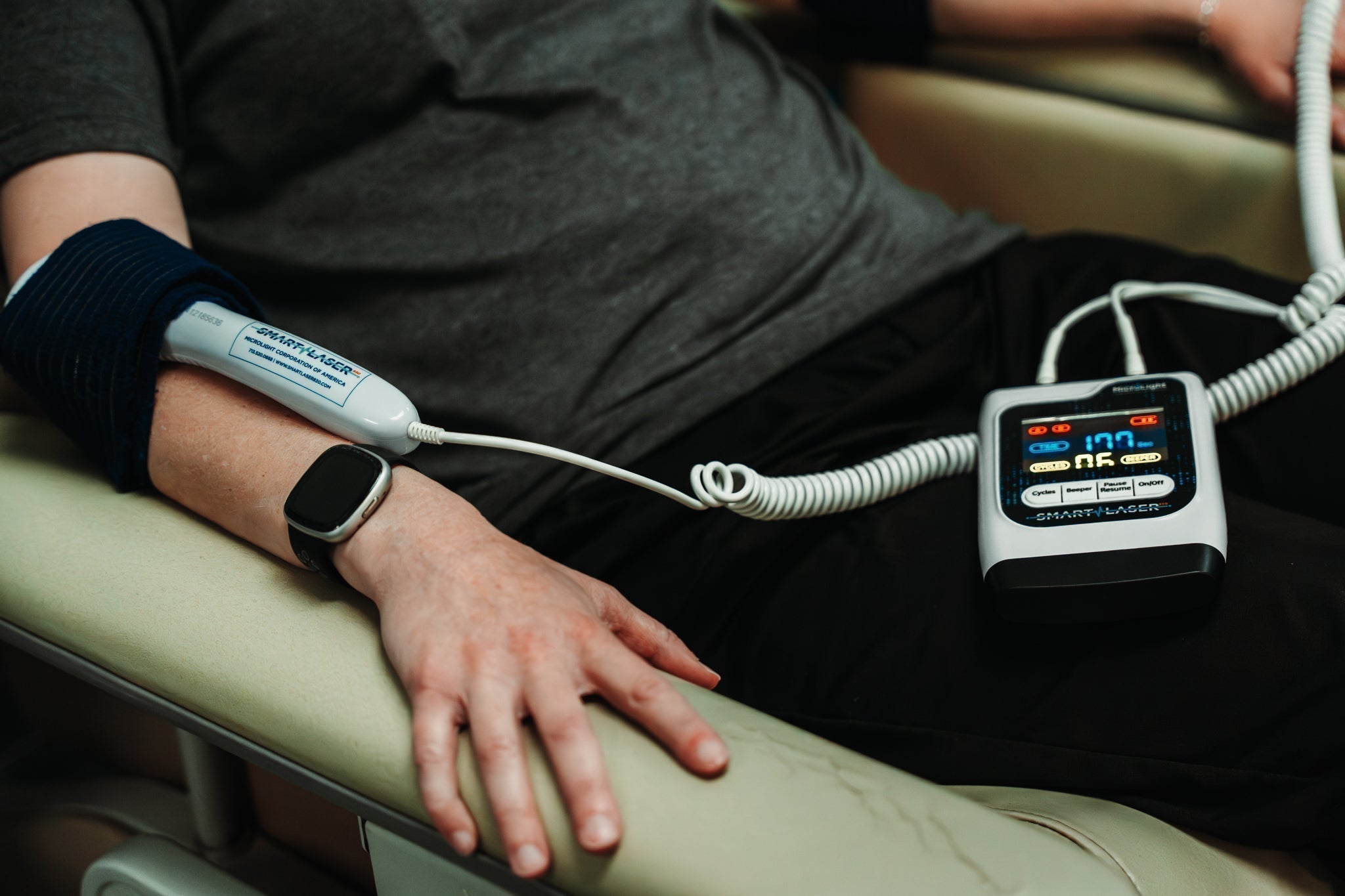Muscle injuries, a common setback among athletes and the physically active population, not only sideline sports professionals but also impact workforce productivity due to the slow recovery process. Traditional treatments often involve surgery, medication, and lengthy rehabilitation. However, a groundbreaking study from the University of Barcelona has unveiled a promising strategy that could transform the recovery landscape for muscle injuries.
Innovative Approach to Muscle Recovery
The study, a pioneering effort in the realm of sports medicine and biomedicine, demonstrates the effectiveness of using intermittent exposure to hypobaric hypoxia—simulated high-altitude conditions in a low-barometric pressure chamber—for accelerating muscle injury recovery. This method, hitherto used mainly for enhancing physical fitness in high-performance sports and specific professional sectors, is now shown to significantly expedite the healing process of muscle tissues.
Scientific Insights
The core of this innovative recovery strategy lies in the physiological response triggered by hypobaric hypoxia conditions. Under low atmospheric pressure, cells receive reduced oxygen levels, which activates the HIF (hypoxia-induced factor) pathway—a critical oxygenation level sensor in the body. Activation of the HIF pathway stimulates several metabolic changes, including the proliferation of capillary vessels via endothelial growth factor (VEGF), enhancing muscle regeneration post-injury.
Muscle Injuries and Therapies: Evolving Perspectives
The field of muscle injury treatment has evolved from the conventional RICE therapy (Rest, Ice, Compression, Elevation) to more holistic and active approaches, such as PEACE (Protection, Elevation, Avoid NSAIDs, Compression, Education) and LOVE (Load Management, Optimism, Vascularization, Exercise). The findings of this study align with these modern paradigms, suggesting that exposure to hypobaric hypoxia could complement and enhance current muscle recovery therapies.
Broader Implications and Future Applications
Beyond the realm of sports medicine, the study's findings hold promise for addressing pathophysiological conditions like sarcopenia—a disease characterized by muscle mass and strength loss. The researchers suggest that combining hypobaric hypoxia with individualized strength and endurance exercises could offer new avenues for treating muscle atrophy. Additionally, there's potential for applying this approach to aid the recovery of patients suffering from persistent COVID-19 syndrome.
The Bottom Line:
This study marks a significant leap forward in our understanding of muscle recovery processes, offering a novel, effective strategy for accelerating healing. By integrating hypobaric hypoxia into existing treatment protocols, healthcare providers can potentially enhance outcomes for athletes and the broader active population, mitigating the socio-economic impact of muscle injuries. As we continue to explore the benefits of this approach, the future of muscle injury recovery looks promising, with implications extending well beyond the sports field.
The implications of this study for clinical practice are profound. Healthcare providers, particularly those specializing in sports medicine, physical therapy, and rehabilitation, should consider the potential of hypobaric hypoxia as an adjunct therapy for muscle injuries. By staying abreast of such innovative treatments, professionals can offer more effective, evidence-based care options to patients, ultimately leading to quicker recoveries and reduced downtime from injury.
Journal Reference:
- Garoa Santocildes, Ginés Viscor, Teresa Pagès, Joan Ramon Torrella. Simulated altitude is medicine: intermittent exposure to hypobaric hypoxia and cold accelerates injured skeletal muscle recovery. The Journal of Physiology, 2023; DOI: 10.1113/JP285398





Share:
4 Critical Ways Sleep Impacts Sports Performance: A Case Study of the 2024 Superbowl
Partner Spotlight: Microlight Lasers — A Rare 50% Discount